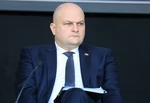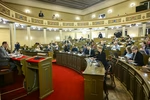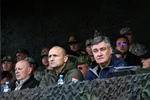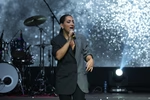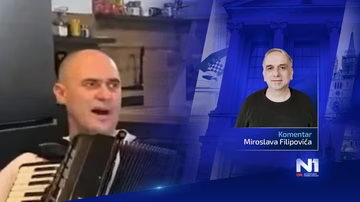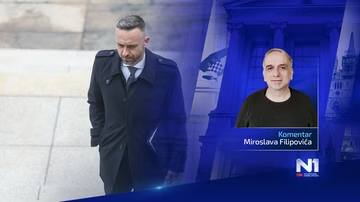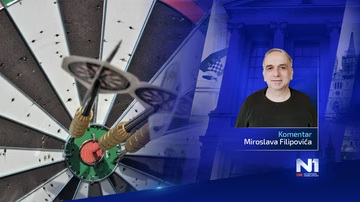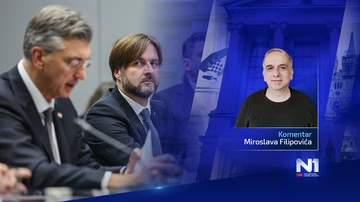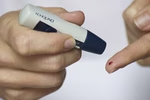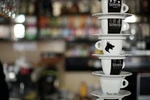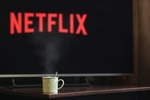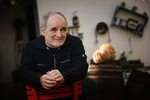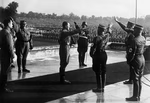
On Monday evening, Croatian Radiotelevision (HRT) hosted the only debate between the candidates for the office of President of the Republic of Croatia. The participants included incumbent President Zoran Milanovic, representatives of political parties and independent candidates.
The debate was characterised by heated exchanges, accusations and differing views on key issues such as relations with Serbia, the healthcare system, migration and corruption.
Blockade of Serbia and coming to terms with the past
The question of whether Serbia’s accession to the EU should be blocked triggered the greatest tensions. Miro Bulj (Most party) emphasised that negotiations should be blocked until the issues of war reparations and missing persons are resolved, while Tomislav Jonjic (Independent) stated that he rejects Serbia's EU membership until it apologises for the Greater Serbian aggression and crimes in Croatia and Bosnia and Herzegovina.
On the other hand, Milanovic emphasised the importance of trade relations with Serbia and assured that solutions can be found through cooperation. Marija Selak-Raspudic (Independent) rejected any negotiations with Serbia, while Branka Lozo (Domino party) demanded recognition of the concentration camps on Croatian territory and the return of cultural heritage.
Dragan Primorac (HDZ party) added that the opening of the JNA archives and the clarification of the fate of the missing persons must be preconditions for any talks.
Corruption and justice as the major issue
With regard to the judiciary and corruption, the candidates expressed deep mistrust in the system.
Miro Bulj described corruption as the main problem plaguing society, while Selak-Raspudic accused Primorac of "playing around with a flat" and labelled him untrustworthy on this issue. Milanovic criticised the political elites for "feeding on public money", while Jonjic warned that without a functioning judiciary, the state would lose its sovereignty.
The healthcare system under scrutiny
The healthcare system sparked heated debates, particularly about the relationship between the public and private sectors.
Branka Lozo proposed the complete abolition of public and private healthcare and said that she doesn't like this hybrid system, while Milanovic and Selak-Raspudic accused doctors of misusing public resources for private purposes. Primorac spoke in favour of a synergy between public and private healthcare, and Ivana Kekin (Mozemo party) warned about intertwining of the mafia and the state in healthcare scandals.
Migration and security
On the topic of migration, the candidates were in agreement and emphasised the need for stricter border controls, even if their approaches differed. Milanovic emphasised the importance of preventing migration crises, while Selak-Raspudic stressed that security must take priority, even if this means deploying the army at the borders.
Miro Bulj said that security has no price and that the border must be defended by the Croatian army. Dragan Primorac promised to deport all illegal migrants, while others called for increased support for the police and the use of EU funds.
Presidential powers and NATO missions
The issue of presidential powers in relation to the military caused additional tensions.
Milanovic accused the HDZ party of acting unconstitutionally, while Primorac countered by accusing Milanovic of "exacerbating tensions in the country". Selak-Raspudic rejected the accusation of remaining silent on important issues, while Miro Bulj reiterated that the military must be depoliticised.
The candidates also discussed the deployment of Croatian soldiers in NATO missions and in Ukraine. Most agreed that Croatian soldiers should not participate in the war in Ukraine, while some, like Jonjic, pointed out that NATO membership comes with certain obligations.
The tragedy at the Precko school
At the end of the debate, the candidates addressed the recent attack on a primary school in which a seven-year-old child was killed.
All expressed their condolences to the family and praised the teacher who prevented a greater tragedy. Milanovic noted that it was fortunate that it was not a terrorist attack, while Selak-Raspudic called the tragedy an "unacceptable price" for social change.
Kakvo je tvoje mišljenje o ovome?
Pridruži se raspravi ili pročitaj komentare



 Srbija
Srbija
 Bosna i Hercegovina
Bosna i Hercegovina
 Slovenija
Slovenija








